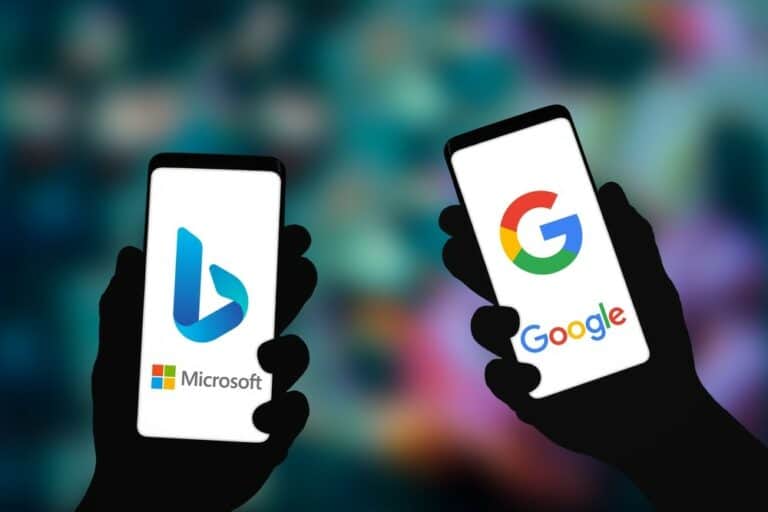While Bing Chat was riding high in 2023, the search engine Bing remains as unloved as ever. This year, it’s been hovering just above 3 percent market share worldwide.
Microsoft managed to revamp its own product line several times this year with OpenAI’s GPT technology, but rarely was it as drastic as with Bing.
The long-suffering Bing has long been the second most used search engine, albeit, to put it mildly, with a sizeable gap to the frontrunner: Google has occupied around 90 percent of the market worldwide for more than a decade, while Bing was briefly beaten by longtime rival for 2nd spot Yahoo as recently as 2019.
Bing and Bing Chat
Bing, then, is clearly a different story from Bing Chat, the AI assistant hidden as an embedded tool in the Edge browser, and elsewhere inside Windows. Using footnotes, this AI search engine directs users to the resources it has consulted, something that non-EU residents can also try out through the Google alternative Search Generative Experience.
Tip: ChatGPT can now browse the Internet again
Both Google and Microsoft are evidently still experimenting with the AI-powered alternative to search as we know it, as both parties’ “traditional” search engines do not include a generative component. However, the hype surrounding generative AI has now changed the operating system of the two tech giants, with possibly even a backport to Windows 10 on the horizon.
Change coming?
Microsoft has long tried before to give Bing a more prominent place in the search engine market. In 2016, for example, it offered Apple a deal to make Bing as the default choice for users, an interview in a recent antitrust case against Google revealed.
That lawsuit could well have implications for the market, even if said market has been static for years. Microsoft had stepped away from a deal with Apple in 2016 due to excessive costs (which was set to reach into the billions) and an undesirable distribution of revenue. Now that Google is being firmly challenged because of the deals it struck with Apple, among others, it seems that Bing could benefit. However, any effect could still take time – previous antitrust cases against IBM and Microsoft itself, for example, also took years.
Rather, it seems that Bing’s marginal position and Google’s dominance can only really be shaken up if the AI search engine gains significant popularity. However, Google is already busy expanding Bard and Search Generative Experience to retain its dominance long-term, when in due time it will complement the classic search engine.
Read also: Google’s AI search launches in 120 countries (but only outside Europe)
